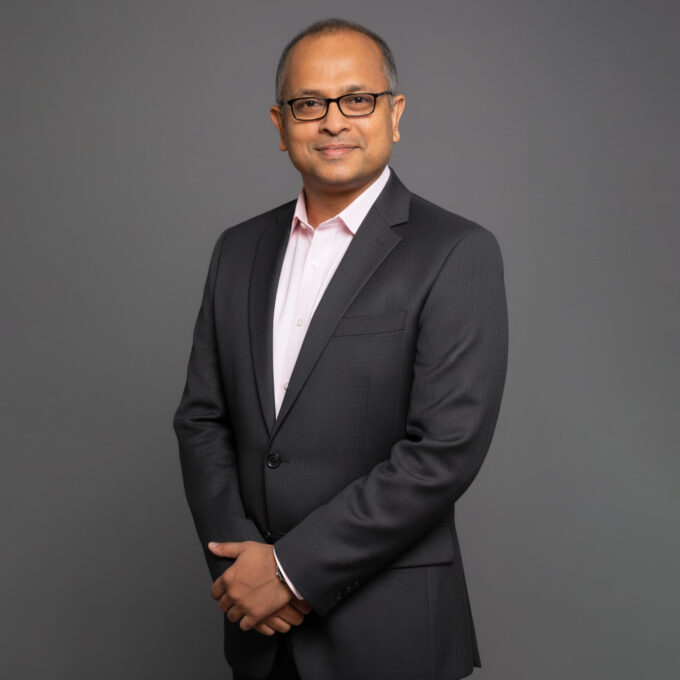The use of internet bandwidth is projected to witness an astonishing 600 percent increase within the next seven years, reaching an unprecedented 30,000 Gbps. This surge is attributed to the growing reliance on the internet by users, as reportedly revealed by Mustafa Jabbar, Minister of Posts and Telecommunications of Bangladesh.
Currently, approximately 13 crore people are consuming about 5,000 Gbps of internet bandwidth in the country. By the year 2030, it is anticipated that the nation will be utilizing a staggering 30,000 Gbps of internet bandwidth.
What makes this achievement even more remarkable is the fact that in 2008, the cost of internet per Mbps stood at Tk 27,000, but thanks to the ‘One Country One Rate’ initiative, it has been substantially reduced to just Tk 60, making internet access more affordable and accessible to a broader population.
Minister Jabbar shared these insights at the “24th SATRC Meeting” in Dhaka, attended by 100 delegates, including heads of telecom and IT regulatory bodies from nine South Asian nations, telecom leaders, and experts.
The event was organized by BTRC and APT, and supervised by the Ministry of Posts, Telecommunications, and Information Technology. He also noted the impressive 98% 4G coverage in Bangladesh and his vision for a digitally connected “Smart Bangladesh” by 2041, driven by a strong digital infrastructure.
Since its establishment in 1997, the South Asian Telecommunication Regulators Council (SATRC) has played a pivotal role in fostering knowledge exchange among member countries, driving technological advancements, and overseeing the implementation of digital infrastructure.
Read more: Grameenphone Launched ‘Cholo Bangladesh 2023’ To Inspire Youth In Taking The Country Forward
The council has been instrumental in setting action plans and policies within the telecommunications sector. Bangladesh has been actively involved in initiatives aimed at ensuring high-speed broadband access in remote areas and providing technical training to the youth.
The outcomes and action plan forged during this three-day conference are expected to contribute significantly to the technological advancement of emerging economies in South Asia. SATRC, comprising telecommunication regulatory bodies from South Asia, plays a crucial role in shaping policies related to spectrum coordination, standardization, regulatory trends, telecommunications development strategies, regional cooperation, and international telecommunications matters.
The conference’s comprehensive agenda encompasses nine sessions, along with two roundtable meetings focusing on regulatory interventions and innovations for a sustainable digital future. Additionally, two dialogues are scheduled under the theme “Regulator-Industry Dialogue: Spectrum for the Future,” offering a platform for dialogue and cooperation among key stakeholders in the telecommunications sector.
For more updates, be with Markedium.












































Leave a comment